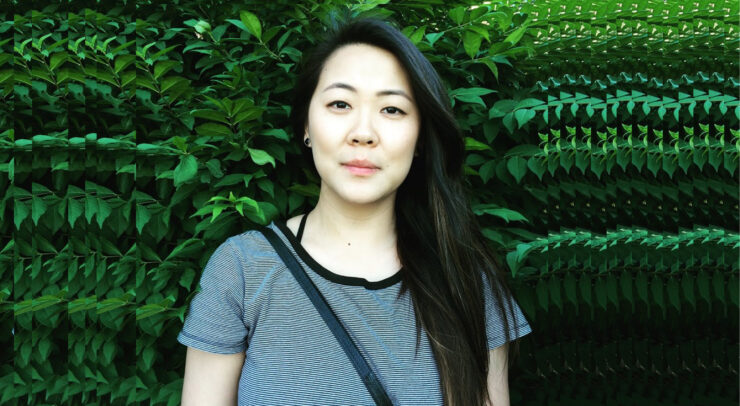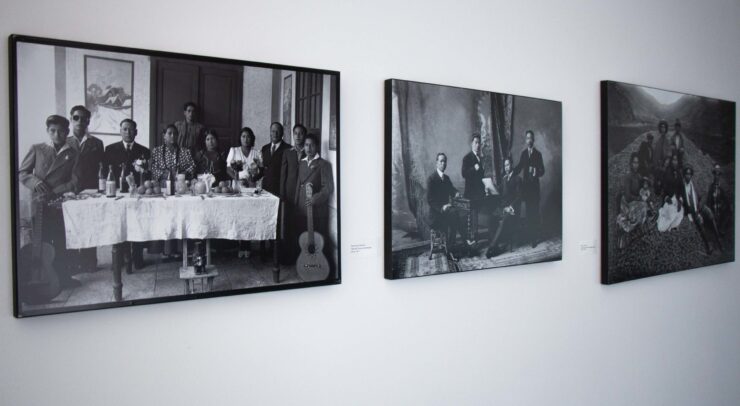Q host talks about lessons learned in university
Photo by Tina Wallace
Not having a clear career path in university doesn’t mean you can’t one day tour the world in a band, manage a performer, write for the Globe and Mail, or host your own radio show. Jian Ghomeshi has done all of these things—despite starting off with many of the same insecurities many undergraduate students face.
Ghomeshi, who was in Ottawa to host the RBC Painting Competition Gala on Oct. 2, is a member of the now-defunct band Moxy Früvous, manages Canadian singer Lights, and is the award-winning host of Q, one of Canada’s most popular daily radio shows.
Before all of this, he was a student at York University, where he was involved in a wide range of extracurricular activities, the benefits of which didn’t become evident until years later.
“I used to lament the fact that I was the jack of various things and master of nothing,” said Ghomeshi. “I was doing music, theatre, and political science and history, and I thought if I could just focus on music I could be Bowie, or if I just focused on academia I could be Edward Said.
“But then a strange thing happened in the last 10–15 years where the best thing you can be is a renaissance person who is into various things,” he said.
He credits time at university as an influence on his life and on Q, which he co-created in 2007.
“I can say unequivocally that there isn’t a day that goes by on my show that I’m not drawing on my years at York,” he said. “I think ultimately well-rounded educated people will make for a better society, but they are also going to do better themselves.”
Ghomeshi attributes Q’s success, which has garnered the largest audience of any cultural affairs program in Canada, to the fact that his work ethic hasn’t changed since day one.
“I approached this show with the philosophy that I’m going to factitiously research for each interview,” he said. “Because the show has done well I feel that I have to keep doing that.”
It’s a work ethic that includes reading the book of every author he interviews, listening to every CD before interviewing performers, and knowing every interview subject’s work in-depth.
“My philosophy is if you want to play in the NHL, you have to be out on the ice 15 hours a day,” he said.
Despite the massive success of Q and its expanding popularity in the United States, fans can relax knowing they’ll still be able to find the show on their radio dials, laptops, and iPods for years to come.
Even when he’s approached with opportunities to do things outside of Canada, he says any idea he can come up with is something that he already does.
“The problem with me doing a gig in the United States, besides the fact that I want to stay in Canada and be part of building the Canadian story,” he said, “is I want to do Q.”






